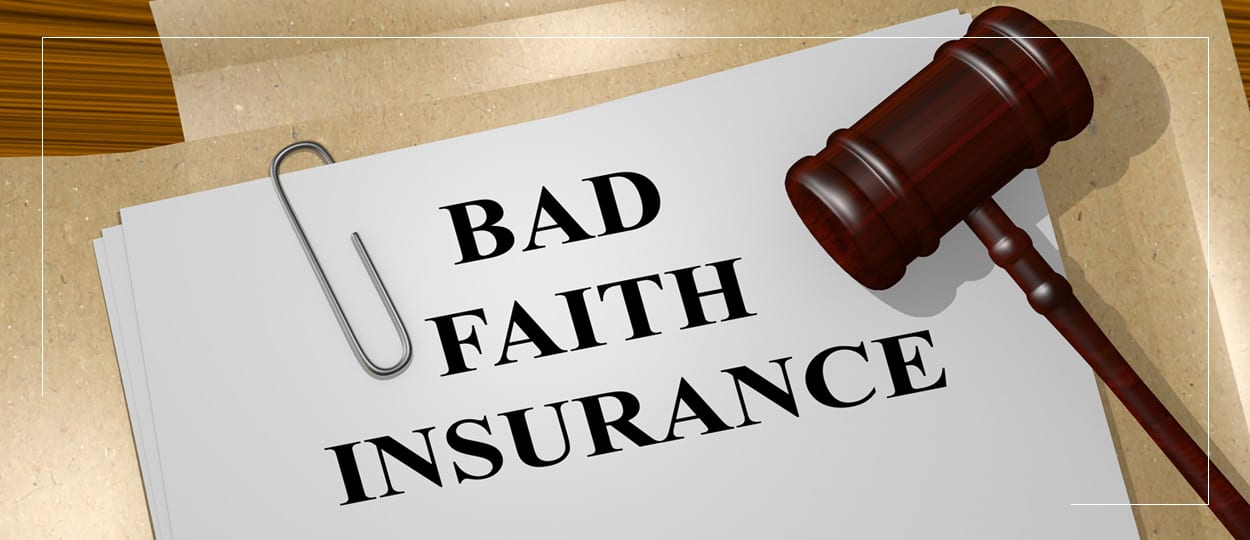
In every contract there is an implied covenant of good faith and fair dealing that neither party will do anything which impairs the right of the other to receive the benefits for the agreement. This principle is applicable to policies of insurance.
Insurance is simply a transfer of a future risk in exchange for a paid premium. Essentially, a transfer of risk is paid for by the policyholder and assumed by the insurer. Think of all the premiums you have paid throughout your lifetime, yet never needed this accumulated savings applied to a risk. This equals big profit for big Insurance companies.
The words “Bad faith” are an imprecise label for what is essentially some kind of unreasonable conduct.
Insurance bad faith practices held to be unreasonable can include:
Unfortunately, some insurance companies become so focused on saving every dollar of cost possible they overlook the opportunity to pay every dollar, placing their loyal insured’s assets at risk. Profit over People. Adjusters & claims handlers are often limited by restrictive processing guidelines designed to deny or undervalue claims rather than finding a way to pay the true value of a claim. Often, these adjusters do not have the authority nor management’s support to timely process claim and use various tactics to avoid prompt or full payment, or to justify a claim denied in full or in part.
Where an insurance company engages in some or all of the unreasonable practices mentioned above, they have breached their fiduciary duty to consider, “in good faith”, the insured’s interests as well as their own when making decisions as to settlement or denial of a claim. When situations such as these occur, and a policyholder has been treated unfairly, the experience of a bad faith insurance attorney is required. In some instances, only a jury verdict can equalize the large insurance companies, and make rights it’s wrong on the behalf of a consumer who simply paid their premiums on time, every month, in exchange for the “good faith” protection of the insurance company they entrusted with, well, their lives.
